strengthened relationships helping connect the kai system
Making good kai the reality for our people is a top priority for Healthy Families Hutt Valley.
Kai plays an important part in our lives, it brings whānau and communities together and is one of the key ways we share and celebrate our culture and family traditions. In Aotearoa, there are too many people experiencing the health and wellbeing impacts of a kai system that doesn’t meet their basic needs.
Making it easy for our tamariki, whānau, and our whole hāpori to grow, gather and access kai is vital for creating a healthier and happier Hutt Valley.
Our work in the kai system pivoted last year in response to the changed needs and experiences of our communities. We explored with our whānau and those working with our communities across Te Awa Kairangi “What can we do to make good kai the reality for all of our people?”
Since then we have worked with prevention partners and community leaders at neighbourhood, city, regional and national levels to influence the kai system to better meet the needs of our people. Strengthened relationships have been the key to creating this collective impact in the kai system.
Kōkiri Marae Pātaka Kai was a result of emergency food demand during COVID-19, and it has grown into much more since then through the addition of Te Maara o ngā Kaimanu. It is a holistic approach to feeding whānau who need it most.
Since September 2020 Healthy Families Hutt Valley has been consistently turning up, and getting busy with the day to day mahi at the pātaka and in the maara, and along the way exchanged precious mātauranga and kōrero with the kaimahi there. This relationship has allowed Healthy Families Hutt Valley to contribute to the huge effort that goes into giving whānau access to food unconditionally.
The maara is not only an abundant garden, but a place where hands get dirty, connections to the whenua and the maramataka are made and wairua is restored. Kōkiri Marae Pātaka Kai and Te Maara o ngā Kaimanu are exceptional examples of Māori leading the way to create a place where anyone can receive food, learn skills in the maara or give back to their community and contributes significantly to the vision of a food environment where everyone has access to good food.
The Koha Kai Pātaka Kai is an example of a neighbourhood approach to reimagining our kai system. The pātaka lives inside Walter Nash Park near Common Ground, a community led project transforming the park into a true common ground. Community champion Sue Rei and a small team of generous volunteers spend time with local tamariki and whānau to create a space that is welcoming and connected. They have created an ideal place to come together and share, give what you can to the pātaka and take what you need for your whānau.
“We know that social connectedness is a key driver of wellbeing and resilience and when we put that together with sharing kai in our neighbourhoods our communities become happier, healthier and better places to live, learn, work and play.”
One of our learnings from 2020 was that Councils could play a lead role in prioritising a resilient kai system. In April 2021 Healthy Families Hutt Valley presented to Hutt City Councillors outlining the levers and opportunities Council has for greater action and impact. Council endorsed the direction Healthy Families Hutt Valley and the Neighbourhoods and Communities Group within Council are taking and supported the continued prioritisation of work in the food system. We’re now seeing this prioritisation in action while responding to our current lockdown situation.
Regional momentum towards a resilient kai system has been growing through the Hutt Valley Food Resilience Network led by Common Unity Project Aotearoa. The network held their first hui at Orongomai Marae in July. The hui brought together community leaders, emergency food providers and kai system stakeholders to continue the conversation about kai in the Hutt: Te Huinga kai ki Te Awa Kairangi.
Healthy Families Hutt Valley team members Barry Gall and Kaihau Paitai both ran sessions at the hui, sharing the “ka muri, ka mua” (looking back before we go forward) approach and exploring wānanga – “Ko te kai a te rangatira, he kōrero” (The sustenance of chiefs is discussion).
Members of the network including Common Unity Project Aotearoa, Regional Public Health and Healthy Families Hutt Valley have also used their collective impact to influence the Wellington Region Growth Framework to prioritise the scoping of a Regional Food Strategy.
A key role of Healthy Families NZ is to collapse the space between the lived experiences of our people and the decisions made nationally that can influence their wellbeing. One way Healthy Families Hutt Valley contributed to this was to create the space and time to share insights. We hosted a hui so that local organisations Pomare Community House and Common Unity Project Aotearoa along with Hutt City Council and Healthy Families Hutt Valley could share our local insights with central government stakeholders. Teams from the Department of Prime Minister and Cabinet, Ministry of Social Development and community organisation Kore Hiakai joined us to hear about the lived experiences of our communities and to discuss how to work together to build resilient food systems. Connecting national decision makers to the lived experience of communities will lead to action and solutions that reflect the needs and aspirations of our people.
Underpinning all the progress towards a resilient kai system is relationships. As we head into uncertain times with another COVID-19 outbreak, we know we are in a stronger position to respond because of the partnerships that have been forged and the time spent together building a shared understanding and commitment to a kai system that better meets our needs.
